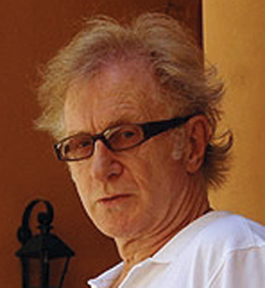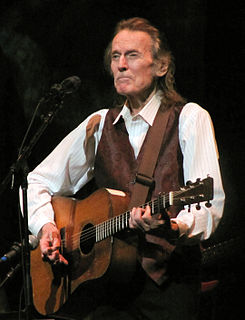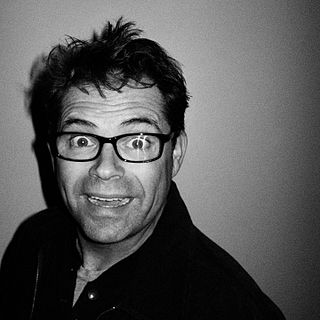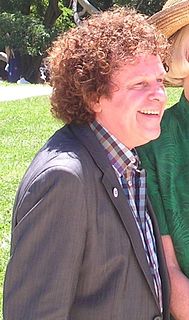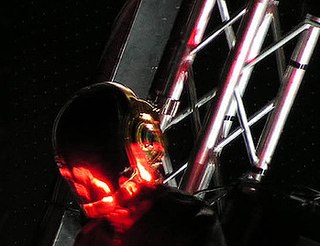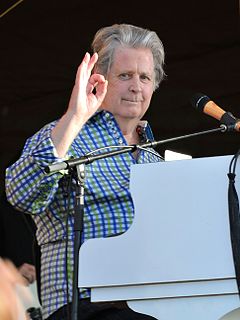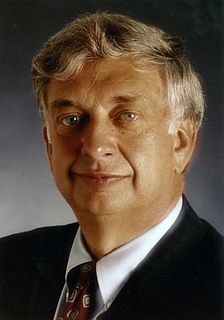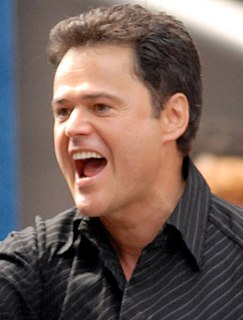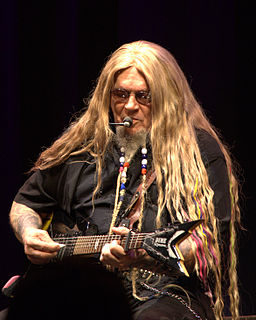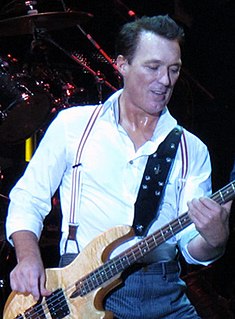A Quote by Andrew Loog Oldham
The Beatles looked like they were in show business, and that was the important thing. And the important thing for the Rolling Stones was to look as if they were not.
Related Quotes
It's true that when I was younger and I first got interested in music, I used to read books about the Stones and the Beatles and how they listened to Muddy Waters and people like that when they were starting out, who are much less well known now than the Rolling Stones. The Stones really changed blues.
People listen to The Beatles, but while they were muscially influential, they weren't culturally influential in quite the same way. You can go into the back of beyond in a little Indian village, and they will listen to Bob Marley. But they're not going to be listening to The Beatles or The Rolling Stones.
